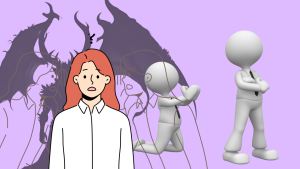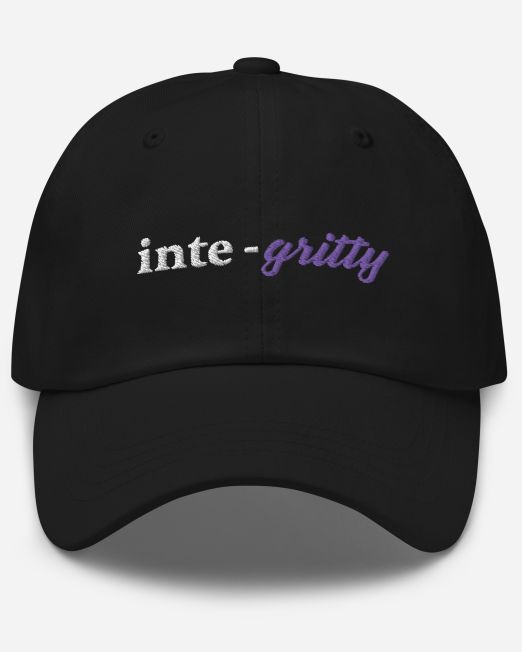
Introduction
The adage “happy wife, happy life” is often tossed around as a nugget of marital wisdom. But beneath its surface lies a complex web of expectations and beliefs about happiness, responsibility, and the dynamics of partnership. Is it truly fair, or even possible, for one person to shoulder the responsibility of another’s happiness within the confines of a relationship?
The Burden of Emotional Responsibility
The Myth of Ownership
This notion posits that one can fully own or be responsible for their partner’s emotional state. This belief can lead to feelings of guilt and inadequacy when inevitably, the partner experiences unhappiness. The heavy burden of emotional responsibility sets up a dynamic fraught with potential for resentment and perceived victimhood.
Autonomy and Emotional Labor
The imbalance created by this dynamic not only questions the sustainability of such relationships but also brings to light the concept of emotional labor. When one partner’s happiness becomes the sole responsibility of the other, it undermines the autonomy of both parties and creates an unsustainable cycle of emotional dependency.
Challenging Traditional Gender Roles
The Devaluation of Feminine Qualities
Society has long undervalued feminine attributes, dismissing them as weaknesses rather than recognizing them as vital strengths. This devaluation contributes to a skewed understanding of what it means to be strong, particularly within the context of a relationship.
The Embodied Man
The concept of the “embodied man” emerges as a challenge to these stereotypes, advocating for a balance where masculine qualities are enhanced by, not isolated from, their feminine counterparts. This balance fosters a fuller expression of strength, empathy, and service, contributing to healthier relationship dynamics.
Fostering Independence and Mutual Support
The Limits of Influence
While partners can undoubtedly influence each other’s happiness, the foundation of one’s emotional well-being remains an individual responsibility. Recognizing this can lead to a more supportive dynamic where each partner empowers the other to find happiness within themselves while providing love and support.
Building a Supportive Partnership
Creating a balanced relationship involves strategies for mutual support without overstepping boundaries into emotional ownership. Communication, understanding, and respect are key elements in nurturing a partnership where both individuals feel valued, supported, and autonomous.
Towards a New Understanding of Strength and Vulnerability
Redefining Strength
Traditional views of strength, often associated with masculinity and physical prowess, are expanding to include vulnerability, empathy, and emotional intelligence. This broader definition encourages a more holistic approach to personal and relational development.
The Power of Vulnerability
Vulnerability in relationships can lead to a deeper connection and mutual support. By embracing both masculine and feminine qualities, individuals can enhance their personal growth and contribute to a more fulfilling partnership.
Conclusion
The journey beyond traditional sayings like “happy wife, happy life” towards a more balanced and supportive partnership requires introspection, communication, and a willingness to challenge societal norms. By fostering autonomy, mutual support, and a comprehensive understanding of strength and vulnerability, couples can create more satisfying and sustainable relationships. Listen to the podcast this article was based on here, or watch the full video on YouTube here.
Latest YouTube Video
Merch
Get my newsletter
Blog

5 Tell-Tale Signs She’s Not Into You (And How to Grow From It)
5 Tell-Tale Signs She’s Not Into You (And How to Grow From It) In the complex world of modern dating, it’s crucial to recognize when someone isn’t as invested in the relationship as you are. Understanding these signs can save you time, emotional energy, and help you focus on building

Escaping the Friend zone: The Ultimate Guide
ESCAPING THE FRIEND ZONE: THE PATH TO BUILDING MEANINGFUL CONNECTIONS Have you ever been stuck in the friend zone, where your romantic feelings seem invisible to the one you care about? This guide unravels the complexities, providing a roadmap to navigate this challenging territory through honesty, self-reflection, and personal growth. UNDERSTANDING

Understanding and Overcoming People-Pleaser Demon
The Disconnect: Intentions vs. Perceptions Many think being overly kind and selfless will make others appreciate them, but it often backfires. People pleasers may seem passive, inauthentic or manipulative. Going overboard fosters clingy codependent relationships that diminish self-worth and set an unhealthy precedent. Finding Balance: Healthy Relationships It’s crucial to

Navigating Co-Parenting with Grace and Purpose: A Guide for Single Parents
Navigating Co-Parenting with Grace and Purpose: A Guide for Single Parents In today’s world, co-parenting has become increasingly common. While it presents unique challenges, it also offers opportunities for personal growth and creating a positive environment for your children. This guide provides valuable insights and practical tips for single parents

From Depression to Wellness: A Journey Through Plant Medicine and Mindful Practices
From Depression to Wellness: A Journey Through Plant Medicine and Mindful Practices In today’s fast-paced world, mental health challenges are becoming increasingly common. Many individuals are seeking alternative methods to cope with depression, anxiety, and other mental health issues. This blog post explores one person’s journey from the depths of

Understanding Human Design: A Guide to Your Energetic Blueprint
Understanding Human Design: A Guide to Your Energetic Blueprint Have you ever wondered why you interact with the world in a particular way? Human Design, a system that combines astrology, the I Ching, Kabbalah, and quantum physics, offers fascinating insights into our unique energetic makeup. Let’s dive into this intriguing








